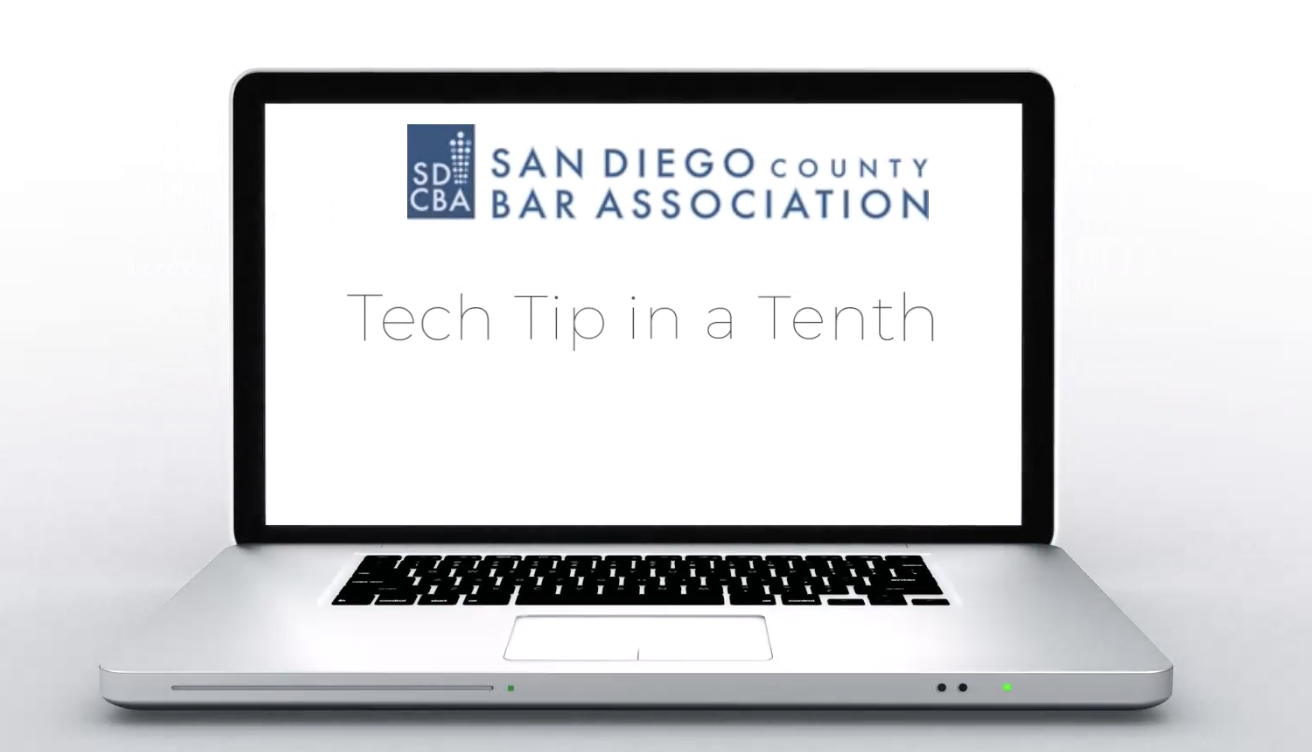Ethics in Brief: Rule of Professional Conduct 5.6: It Is Unethical to Restrict the Right of a Lawyer to Practice
By Charles Berwanger
The reader is asked to picture a fictional settlement conference of a lawsuit. Present is the client representative, defendant Ajax Corporation’s General Counsel, and Ajax’s Defense Counsel. They are in a breakout room while the mediator talks with Plaintiff’s Counsel and plaintiff in another breakout room.








